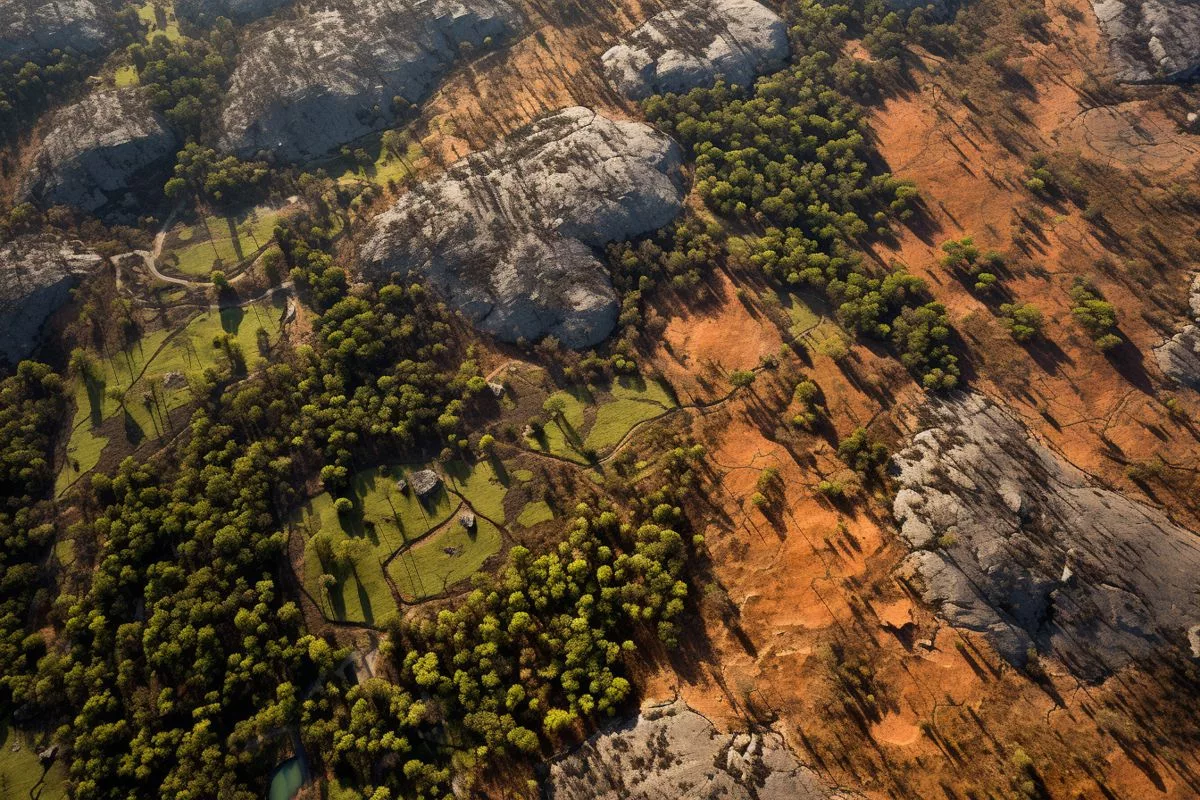The Western Cape Government is preparing for a potentially dangerous fire season with a budget of R16 million and contracts for aerial and ground support in place. The Mutual Aid Agreement also plays a crucial role in this initiative. Public participation in wildfire prevention is important, especially since 97% of wildfires are either intentional or due to carelessness. The initiative involves multiple partners across the Western Cape to protect its people and environment.
Preparing for Pyrotechnic Challenges: Western Cape’s Fire Readiness Initiative. The Western Cape Government has allocated a budget of R16 million for battling wildfires. There are contracts for aerial and ground support established, and the Mutual Aid Agreement plays a crucial role in this initiative. The public must play an essential role in wildfire prevention, as 97% of wildfires are either intentional or occur due to carelessness. The fire readiness initiative involves a plethora of partners across the Western Cape, manifesting the spirit of combined action.
Anticipating a Fiery Summer
In the central part of Western Cape, a significant project is currently taking shape. Anton Bredell, the Western Cape Minister for Local Government, Environmental Affairs, and Development Planning, recently unveiled a fire preparedness initiative in Stellenbosch. The goal of this initiative is to gear up for an anticipated highly volatile fire season in the province.
The concern for an intense fire season springs from the thick vegetation that has spread across the province due to a prolonged and moist winter. This dense greenery, coupled with hot, dry, windy weather in the summer, creates the perfect conditions for wildfires.
Reflecting on the previous summer, the province grappled with an overwhelming 7215 wildfires. Out of these incidents, 38 necessitated provincial government approval for aerial intervention. Impressively, the containment of 85% of all fires in high-risk areas occurred during the initial attack phase, and most were snuffed out within an hour. The Western Cape Government spent a significant R14.5 million on fire suppression during the last fire season.
Financial and Logistical Preparedness
Looking ahead to the oncoming season, the Western Cape Government has earmarked a budget of R16 million for battling wildfires. Expanding on this, Minister Bredell explained, “We have contracts for aerial and ground support established. For this season, we have tendered for 4 helicopters, with an option for an additional 4 if required. We also have 4 water bomber planes and 8 spotter aircraft at our service.”
The Mutual Aid Agreement, a collaboration among municipalities and various firefighting bodies in the Western Cape, plays a crucial role in this initiative. This pact guarantees fast budget decisions, well-defined chains of command, and collaboration between different teams.
Yet, the challenge of combating wildfires is multifaceted. The province’s fire fighting initiatives are made more complicated by the widespread flooding from the previous winter, which damaged several roads that could be vital for reaching remote areas. Regardless of these hurdles, the approximately 2,300 firefighters, both professional and contracted, remain undeterred. They are prepared to risk their well-being and lives to protect us this summer.
Public Responsibility and Engagement
The fight against wildfires extends beyond the remit of the government and firefighters, and into the purview of the public. Minister Bredell emphasized the essential role ordinary citizens play in wildfire prevention. Surprisingly, natural causes such as lightning strikes or rockfalls account for less than 3% of all wildfires. The remaining 97% are either intentional, which makes up 25%, or occur due to carelessness, a staggering 72%.
These figures highlight how pivotal the public’s role can be in safeguarding our natural environment, personal safety, and infrastructure against unchecked wildfires. Consequently, Minister Bredell has appealed to the public to report any fire sightings as quickly as possible to the nearest authorities.
Collaborative Effort Across Western Cape
The fire readiness initiative is a joint venture, involving a plethora of partners across the Western Cape. These include Cape Winelands District Municipality, West Coast District Municipality, Overberg District Municipality, Garden Route District Municipality, City of Cape Town, Cape Nature, Sanparks, Greater Cedarberg FPA, Cape Winelands FPA, Cape Peninsula FPA, Greater Overberg FPA, Southern Cape FPA, Volunteer Wildfire Services, and Working on Fire.
In sum, the unveiling of the fire readiness initiative showcases the Western Cape Government’s dedication to proactively preparing for and addressing the anticipated fire-prone season. It manifests the spirit of combined action, involving not just the government and firefighting entities, but also the public. The initiative serves as a testament to the resilience and determination of the Western Cape province in protecting its people and environment.
1. What is the Western Cape Government’s budget for battling wildfires?
The Western Cape Government has allocated a budget of R16 million for battling wildfires in the province.
2. What contracts for support have been established for fire readiness in Western Cape?
The Western Cape Government has contracts for aerial and ground support established for fire readiness. For this season, the government has tendered for four helicopters, with an option for an additional four if required, and has four water bomber planes and eight spotter aircraft at its service.
3. What is the Mutual Aid Agreement and what is its role in the fire readiness initiative?
The Mutual Aid Agreement is a collaboration among municipalities and various firefighting bodies in the Western Cape. It plays a crucial role in the fire readiness initiative by guaranteeing fast budget decisions, well-defined chains of command, and collaboration between different teams.
4. What is the public’s role in wildfire prevention?
The public plays an essential role in wildfire prevention, as 97% of wildfires are either intentional or occur due to carelessness. The Western Cape Government has appealed to the public to report any fire sightings as quickly as possible to the nearest authorities.
5. Which partners are involved in the fire readiness initiative in Western Cape?
The fire readiness initiative involves multiple partners across the Western Cape, including Cape Winelands District Municipality, West Coast District Municipality, Overberg District Municipality, Garden Route District Municipality, City of Cape Town, Cape Nature, Sanparks, Greater Cedarberg FPA, Cape Winelands FPA, Cape Peninsula FPA, Greater Overberg FPA, Southern Cape FPA, Volunteer Wildfire Services, and Working on Fire.
6. What challenges does the Western Cape Government face in combating wildfires?
The challenge of combating wildfires is multifaceted, and the province’s fire fighting initiatives are made more complicated by the widespread flooding from the previous winter, which damaged several roads that could be vital for reaching remote areas.








